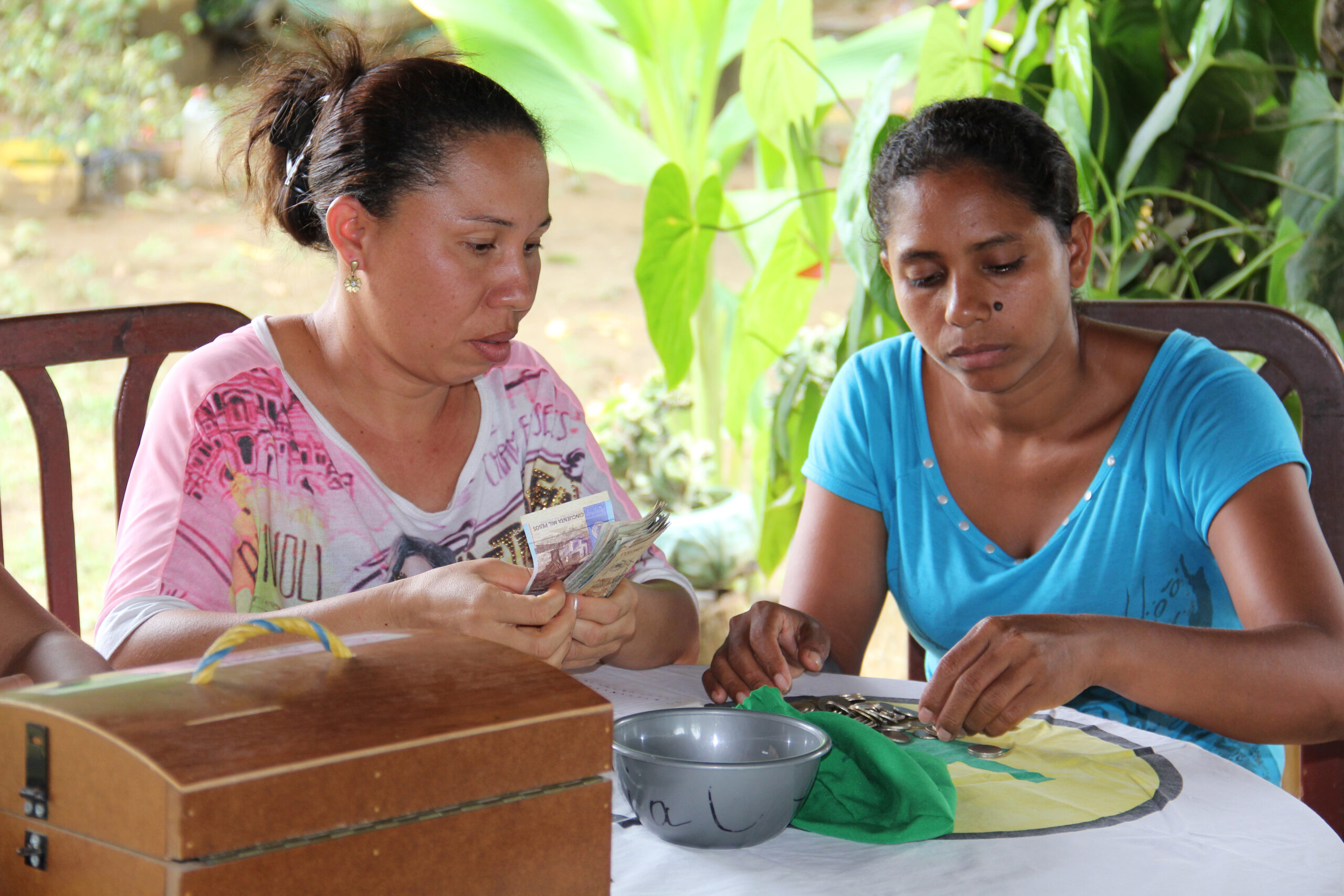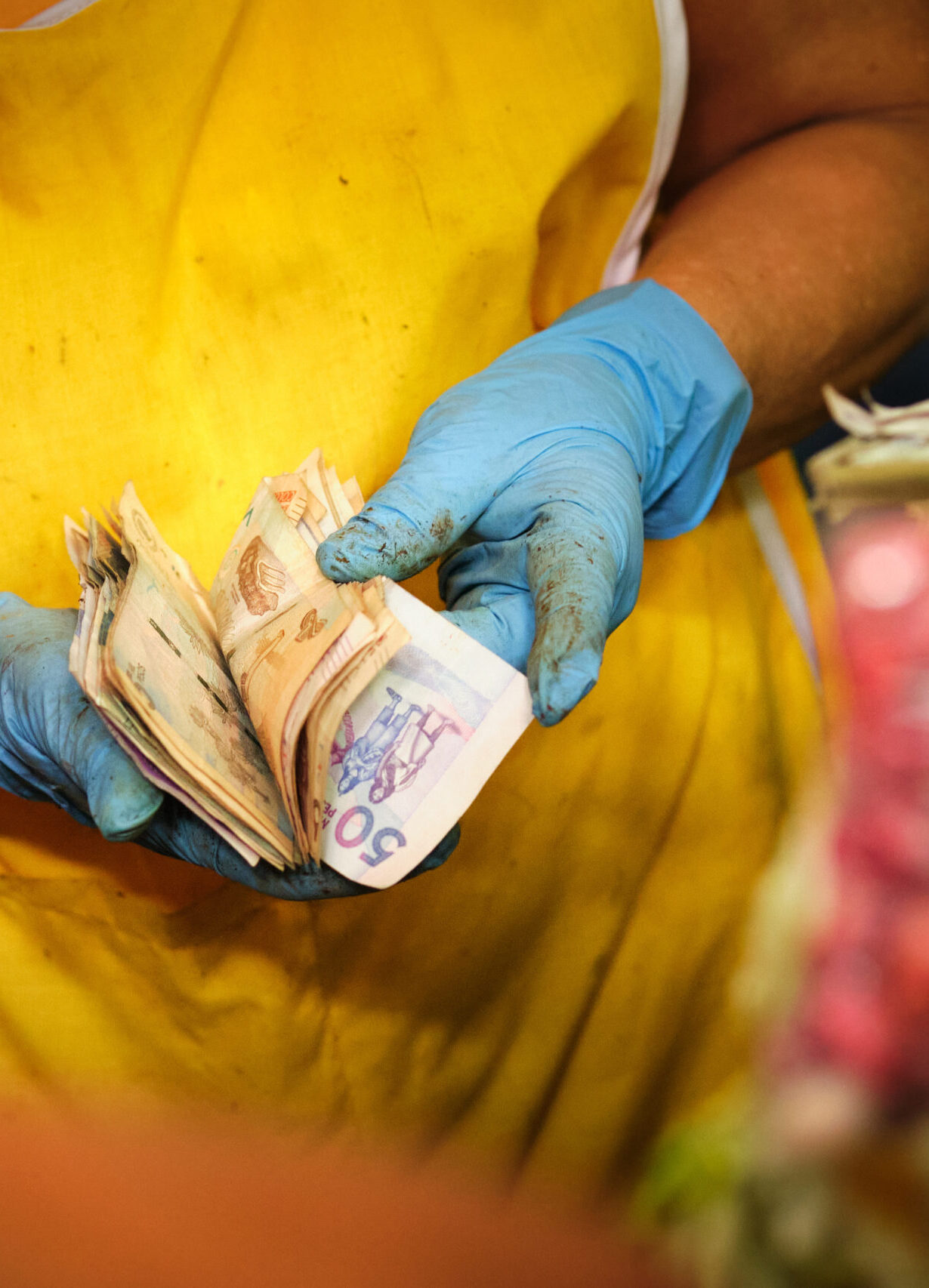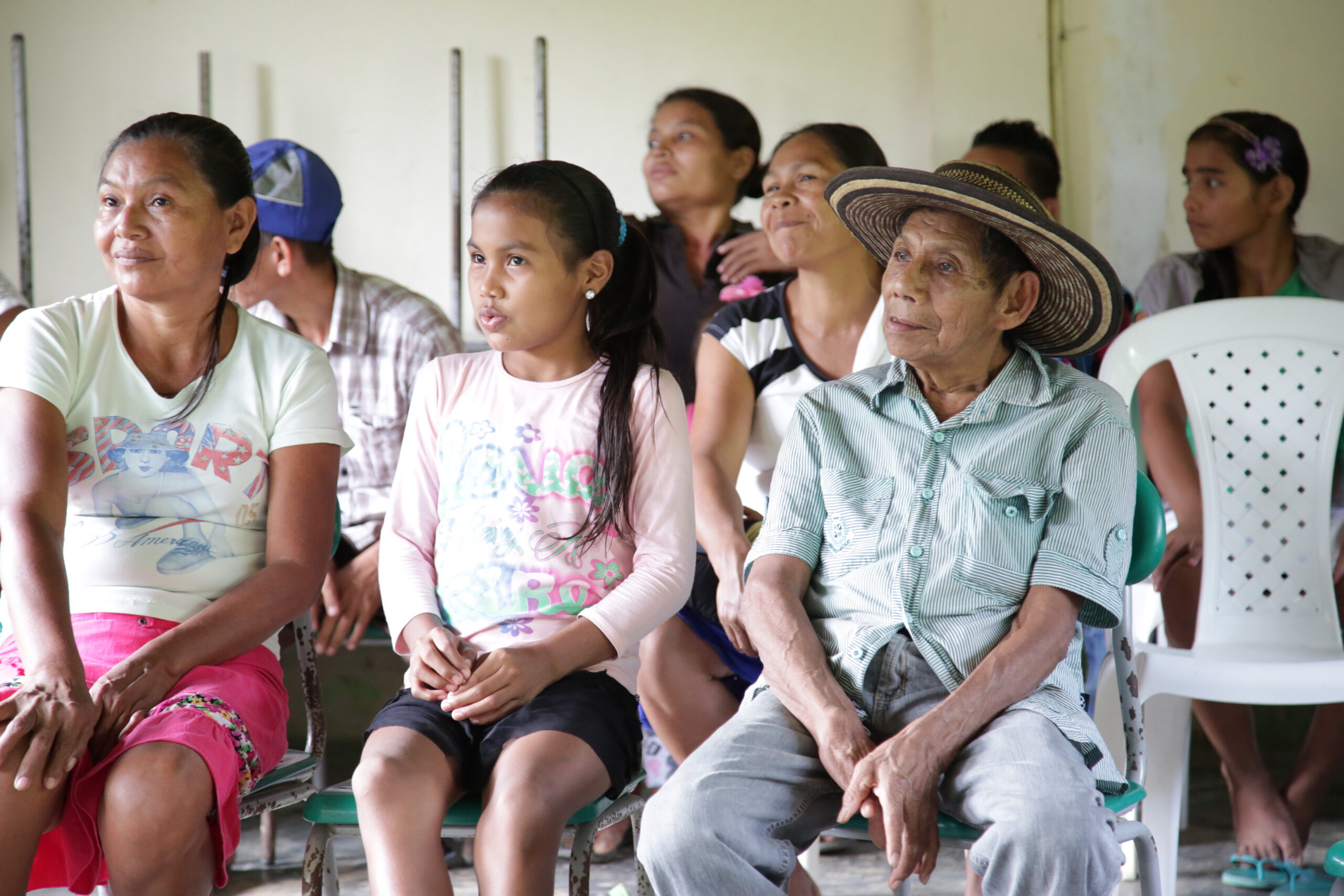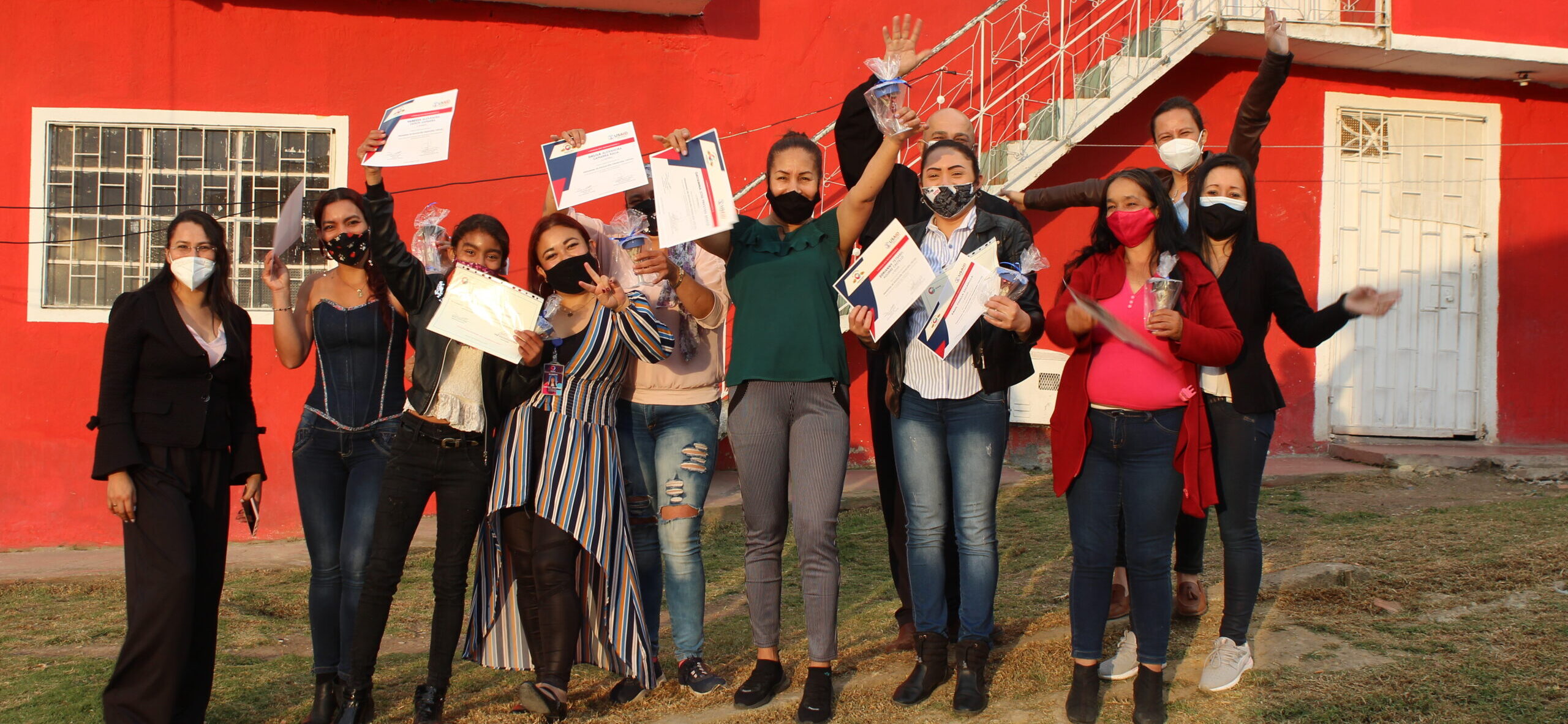Case Study
Expanding Rural Financing in Colombia
Unlocking Financial Access in Underserved Rural Markets
Agribusiness Strategy and Growth Advisory
Finance and Investment

The Challenge
Following Colombia’s 52-year internal conflict, rural communities were left economically marginalized, with limited access to formal financial services. Only 16% of the country’s four million farmers had access to loans in 2015. Financial institutions (FIs) were reluctant to enter rural markets due to high transaction costs, lack of collateral, security risks, and limited understanding of agricultural finance. Women, indigenous groups, and Afro-Colombians faced even greater barriers due to systemic inequalities and lack of financial history. This exclusion perpetuated poverty and hindered peacebuilding efforts in post-conflict regions.Our Solution
Innovative Models, Inclusive Products, Ecosystem Collaboration
To address these challenges, Chemonics implemented a comprehensive, multi-pronged strategy:
- Advisory Services for Designing High Volume, Low-Margin Origination Models. Considering how rural banking is a high-volume, low-margin business, Chemonics advised bank and non-bank financial institution partners on opportunities to reduce costs while establishing models to estimate per-client costs for client acquisition and services.
- Profitable Product Development and Packaging. Chemonics advised bank and non-bank finance partners on developing diversified packages that included savings, insurance, and payment products that ultimately offered a more profitable mix for the bank than credit alone.
- Ecosystem Partnerships. Chemonics worked with bank and non-bank financial institution partners to develop new value chain finance products that met rural demand while satisfying due diligence requirements.


The Impact
Inclusive Finance Driving Long-Term Rural Transformation
Chemonics’ interventions led to transformative outcomes across Colombia’s rural and post-conflict regions:
- Expanded Financial Access: Over 1 million new clients—49.8% of them women—gained access to formal financial services, including $1.4 billion in loans, savings, and insurance products.
- Inclusive Financial Product Development: FIs introduced gender-sensitive policies, such as removing spousal consent requirements for women borrowers, and developed products for vulnerable groups, including indigenous communities and Venezuelan migrants.
- Sustainable Market Entry: 51 of the 52 new branches and 606 of the 611 banking correspondents remained operational post-intervention, demonstrating the commercial viability of rural markets.
- Digital Transformation: Digital platforms like Transfiya processed over 10 million transactions, and mobile apps enabled FIs to continue operations during COVID-19 lockdowns.
- Policy Influence: RFI collaborated with regulators to modernize financial policies, including simplified savings accounts and digital correspondent banking, fostering a more inclusive financial ecosystem.
